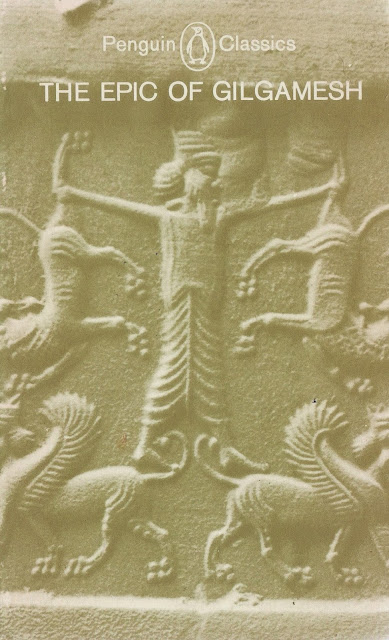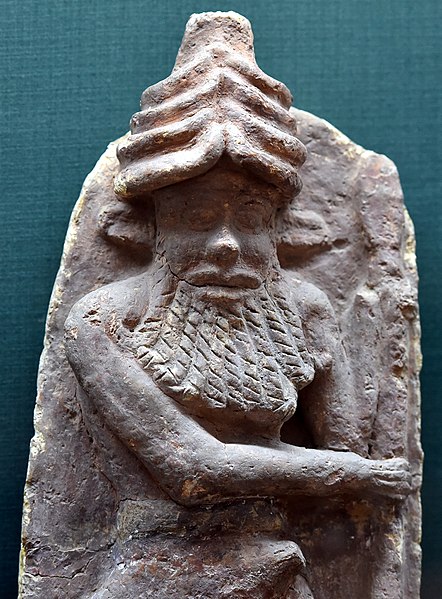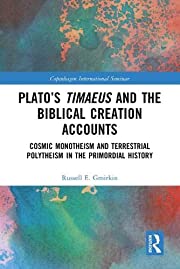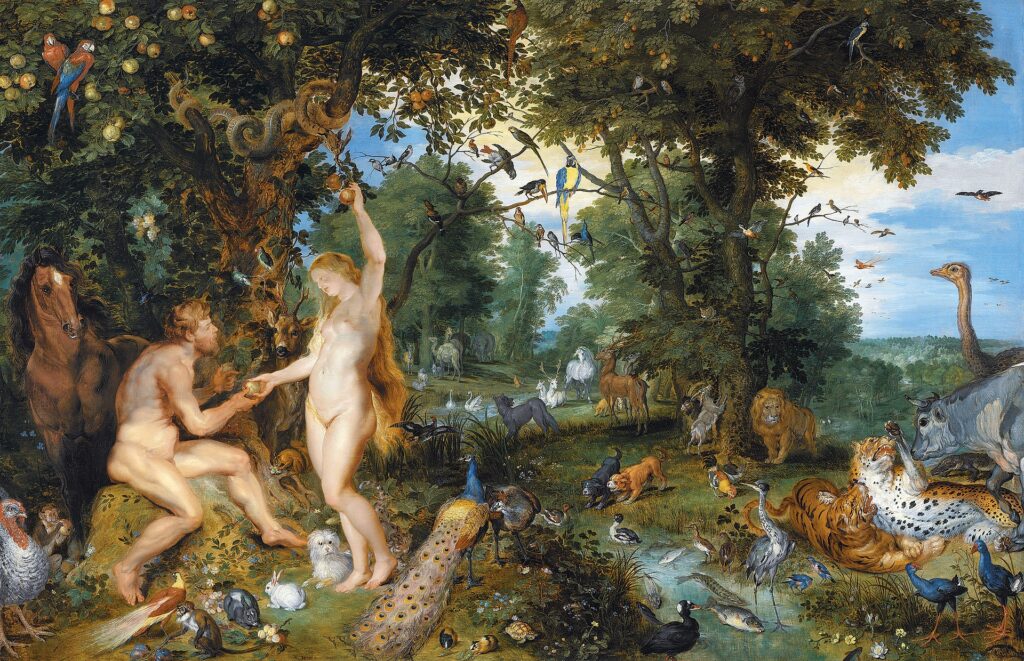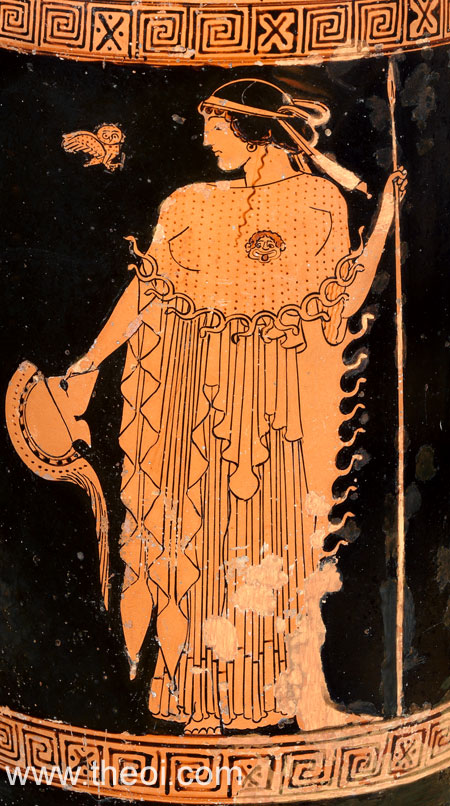
Recent postings on the evidence for a Hellenistic matrix for the book of Genesis and wider reading around that evidence have led me to wonder if the author who chose a serpent to tempt Eve was having a subtle dig at the wisdom of the Greeks. (If you have read this notion before do let me know — I would not be surprised if I am recollecting an idea from an otherwise forgotten source.) It’s an entirely speculative thought so don’t attribute to me anything more than that.
Classics professor Page duBois wrote an article for Arethusa titled “On Horse/Men, Amazons, and Endogamy” (1979) in which she drew upon ideas of anthropologist Claude Lévi-Strauss to propose that in both literary and visual arts of the fifth century, the Greeks imagined Centaurs and Amazons as symbolic of barbarism – in particular, Persian “barbarism”.
Of course, I thought, and is not the serpent in biblical literature symbolic of Athenian culture? The serpent was the symbol of Zeus, after all — as noted in a little detail in one of my posts on Revelation. (Zeus, recall, was the chief god of the Greek pantheon.) The serpent was also the favourite pet and signifier, along with the owl, of Athena, the goddess of wisdom among other things. If the Greeks could depict “the other” as wild animals then why not the Hebrews? We do read in the Book of Daniel (a text of undeniable Hellenistic provenance) that other nations are ravaging beasts compared with the “humanity” of the “people of God”.
Now the serpent was more עָרוּם than any other beast of the field. (Gen 3:1)
עָרוּם (‘ā·rūm) is the word translated “crafty” and “cunning” in many Bibles, but the word is ambiguous in connotations. It can in other contexts be understood to refer to a most positive quality: prudence, sense, wisdom. The ambiguity opens up the possibility of an interesting question. And the serpent promises the wisdom of God, the knowledge of good and evil.
As I read and think about the case for Hellenistic influence on the Bible I am reminded of those studies of more modern societies subject to colonialism. The Greeks in Alexander the Great’s wake brought their culture into the areas they came to rule and I imagine people back then were not very different from people today: the conquered tend to adopt the culture of the conquerors but very often adapt it and make a mutation of it distinctly “their own”. By this process, they are able to turn the tropes of the victor back on their conquerors and assert their cultural independence, even equality of spirit.
I wonder if the author of the “fall of humanity” scene was taking the symbol of Greek culture and wisdom, the serpent, and ambiguously attributing to it a wisdom that could also be interpreted as deceit. Whoever wrote the Pentateuch was/were very likely in tune with Greek thought, surely even Hellenophiles to an extent, but the wisdom they promoted was not the enquiring wisdom of Socrates but the revealed wisdom of their god.
But I speculate. And wonder if I read the same somewhere a while ago.
duBois, Page. “On Horse/Men, Amazons, and Endogamy.” Arethusa 12, no. 1 (1979): 35–49.

